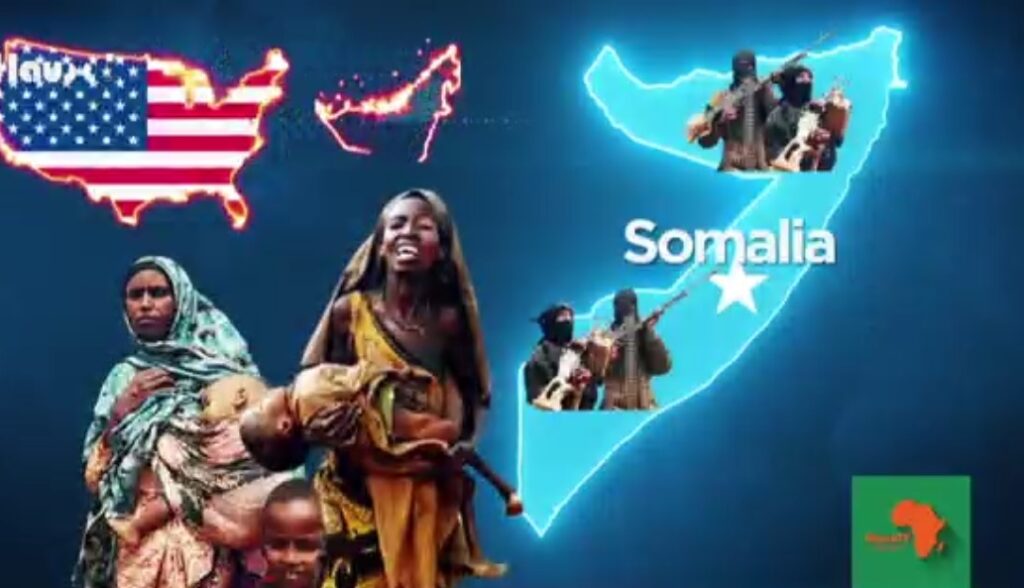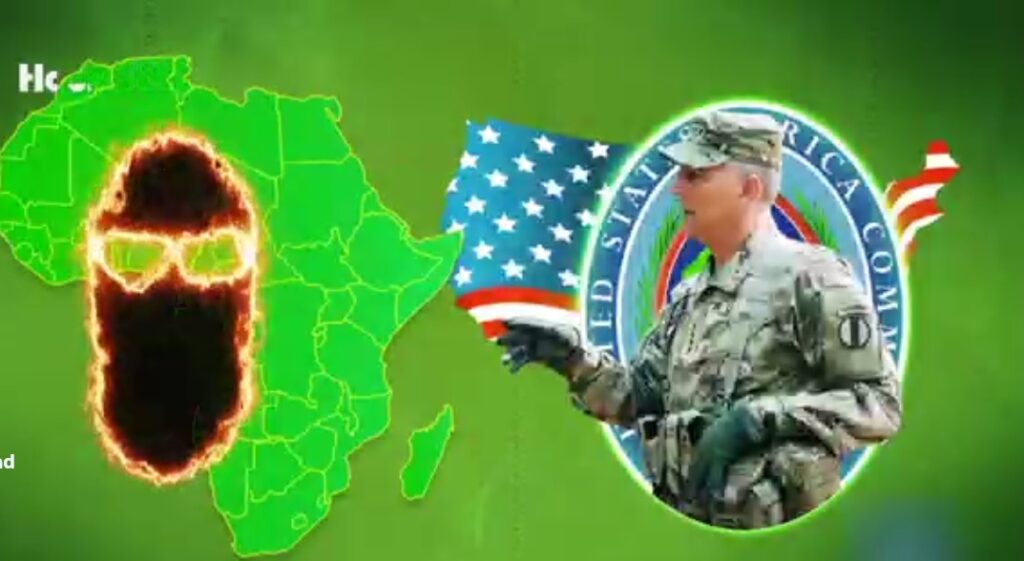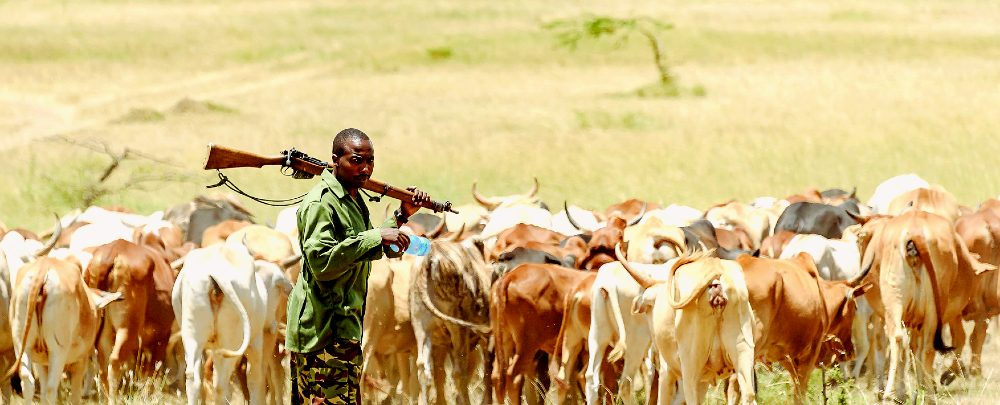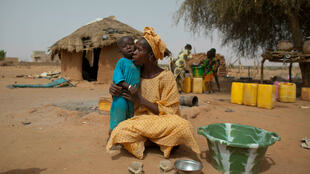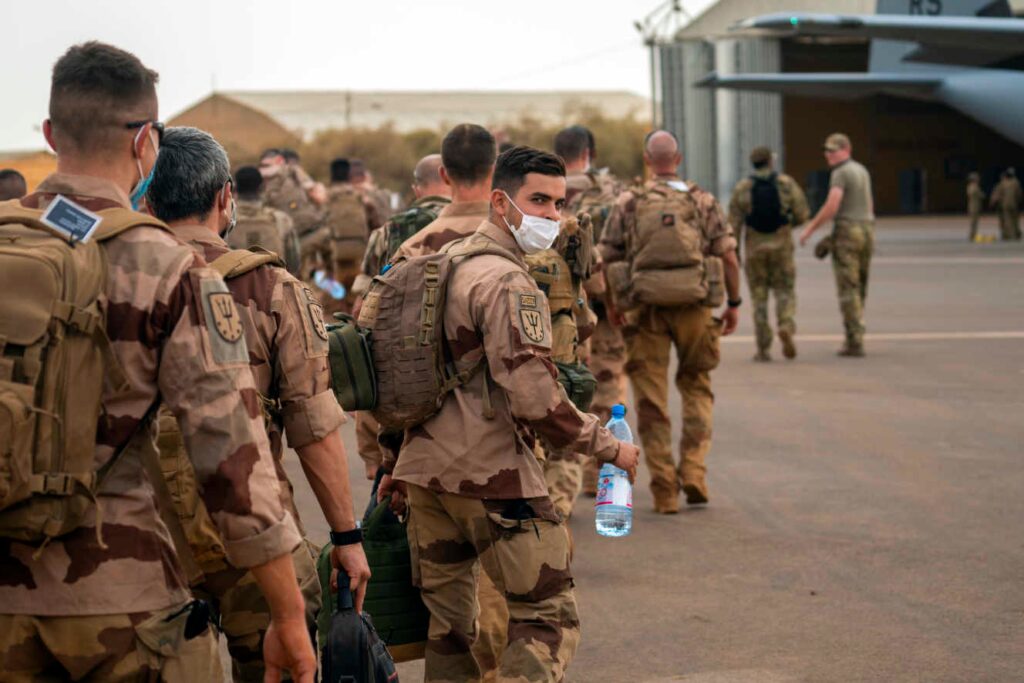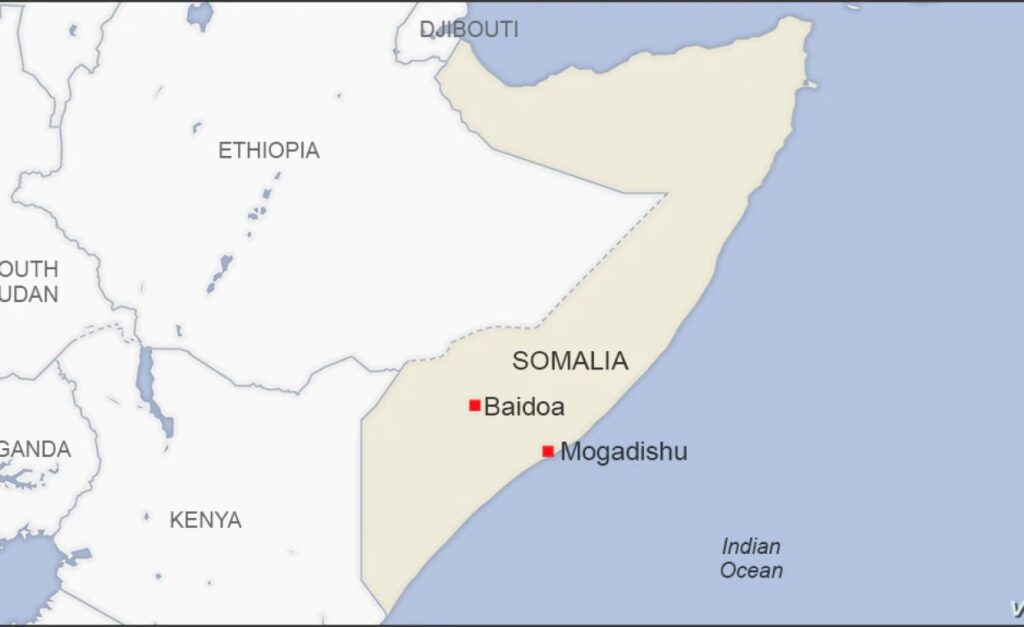French President Macron Expands on Sahel Drawdown Plan

French President Emmanuel Macron’s decision to end Operation Barkhane, the French mission to fight jihadism in the Sahel, bears some resemblance to the ongoing removal of American troops from Afghanistan.
French President Emmanuel Macron announced yesterday that Operation Barkhane, the French counterterrorism force fighting jihadis in the Sahel, will end in the first quarter of 2022. This follows a recent announcement that the French president plans to cut in half the French presence in the Sahel and reorganize what will remain as specialized regional forces, while also contributing to Task Force Takuba, the recently established EU force with a remit similar to that of Barkhane. These developments provide the occasion to look at the French military trajectory since 2013. So, too, does the fact that today is Bastille Day, the French national holiday.

